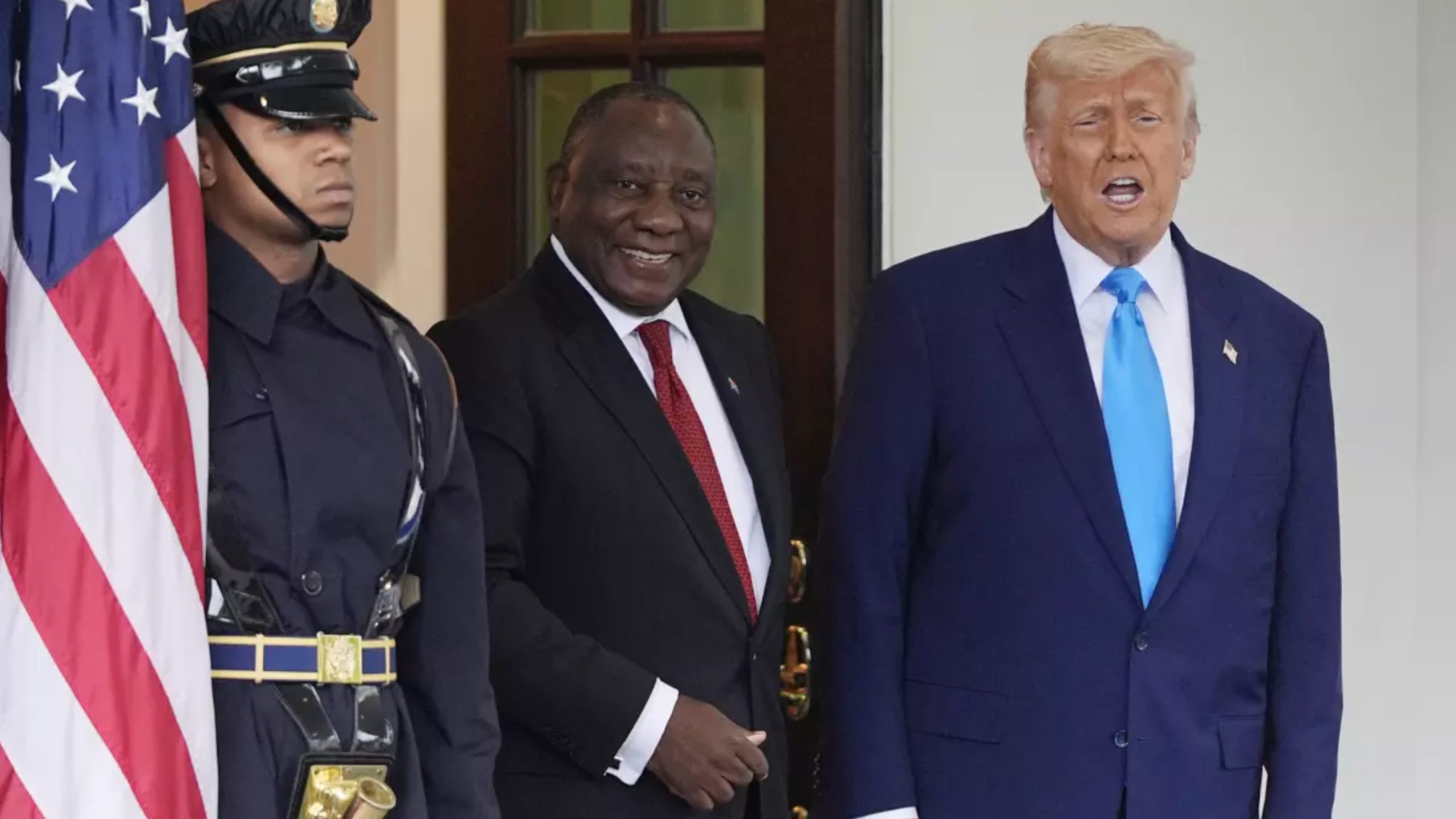As the US trade tariff deadline draws near, the South African government’s lack of communication is causing growing concern. Crucial trade relations are at stake. Yet, the governing coalition remains silent, prompting fears of severe economic impacts, especially in regions already struggling economically.
Economic Impact on Eastern Cape
The Eastern Cape, already facing economic hardship, will bear significant consequences if tariffs are imposed. The National Union of Metalworkers of South Africa (Numsa) warns that job losses could escalate. This would devastate communities reliant on manufacturing industries.
Numsa’s regional secretary, Mziyanda Twani, emphasised the urgency, noting the province’s fragile economy could collapse under additional trade pressures. Businesses, particularly in the automotive sector, heavily depend on stable trade with the US.
Deadline Approaches, Risks Mount
The US has set a firm deadline. Yet, South Africa’s government has not provided clarity on measures to prevent tariffs from taking effect. The General National Unity (GNU) coalition’s silence has intensified concerns among industry stakeholders, labour unions, and citizens. They fear a significant loss of competitiveness for South African exports.
Without swift action or negotiation, South Africa could see billions in exports compromised. This situation would have long-term repercussions on employment and investment prospects. Numsa has urged government leaders to act decisively to avert this looming crisis. They highlight the importance of maintaining healthy US trade relations.
Call for Immediate Government Response
Economic experts argue that government transparency and clear communication are vital to reassure markets and investors. The absence of decisive leadership at this critical juncture heightens uncertainties and risks undermining investor confidence.
With the US trade tariff deadline fast approaching, time is running out for South Africa’s leadership to address this pressing economic issue. Urgent government intervention is required to safeguard trade, jobs, and economic stability.






